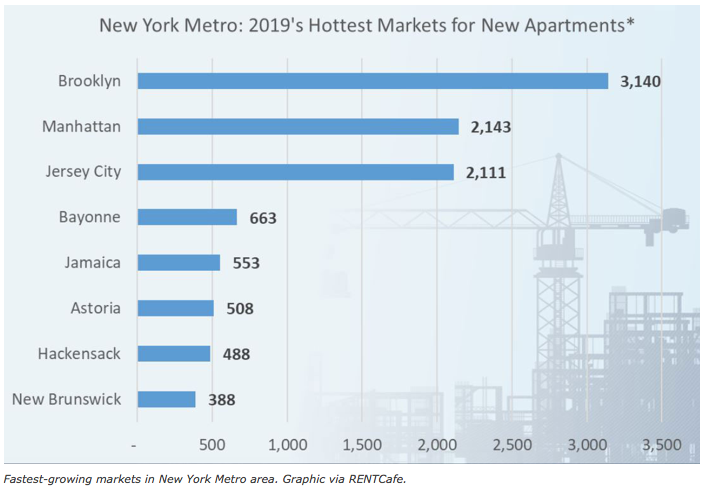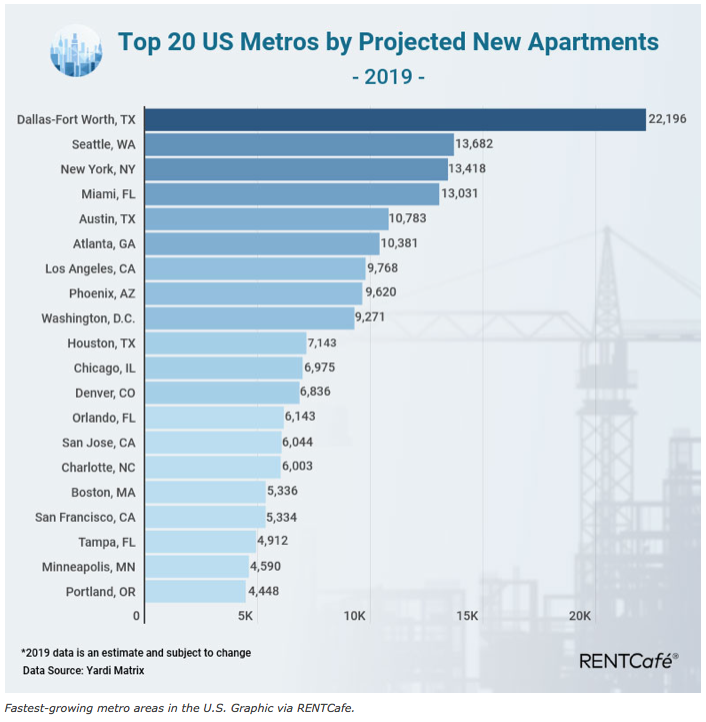From HousingWire:
Buckle your seatbelts, California. You may be in for another showdown with the Trump administration. You too, New York and Oregon.
When Treasury released its housing finance reform plan a week ago, there was one proposal buried in the middle that didn’t get much attention: curbing Fannie Mae and Freddie Mac multifamily lending in areas that adopt rent control. It was marked “administrative,” meaning Treasury believes it can be done without input from Congress.
hen the plan was released, New York had recently expanded its rent control law and Oregon had adopted statewide rent control. This week, lawmakers in California, the most populous U.S. state, joined Oregon in passing a statewide bill to control rents, and Gov. Gavin Newsom has already said he’s going to sign it.
“This is the Trump administration against the blue states,” Ed Mills, a public policy analyst with Raymond James in Washington, said in an interview with HousingWire. “This matches their philosophy, but it has the added benefit of Trump, using administrative actions, being able to influence policies in states run with Democratic majorities.”
But, perhaps that one suggestion, buried in the middle of a 53-page report, will never see the light of day?
“This is absolutely going to happen,” Mills said. “It’s just a matter of the scale and timing. The lesson I’ve had through observing the Trump administration is: They tell you in advance what they are going to do and they more often than not follow through.”
The plan cites rent control as interfering “with the functioning of local housing markets, tending to decrease the supply and quality of the available housing.”
While lots of economists would agree with that, they wouldn’t all agree that the solution is to further restrict housing stock by limiting government-back multifamily lending.
According to the housing finance plan that Treasury Secretary Steven Mnuchin said had been approved by President Donald Trump, the Federal Housing Finance Agency, the independent regulator of Fannie Mae and Freddie Mac, should make multifamily lending tougher to secure in rent-controlled areas.
“Treasury recommends: FHFA should revisit the GSEs’ underwriting criteria for acquisitions of multifamily loans secured by properties in jurisdictions that adopt rent-control laws or other undue impediments to housing development,” the plan stated.


